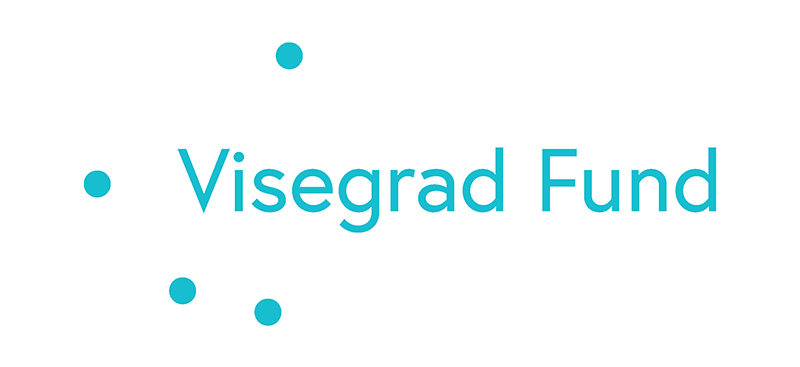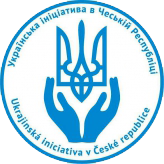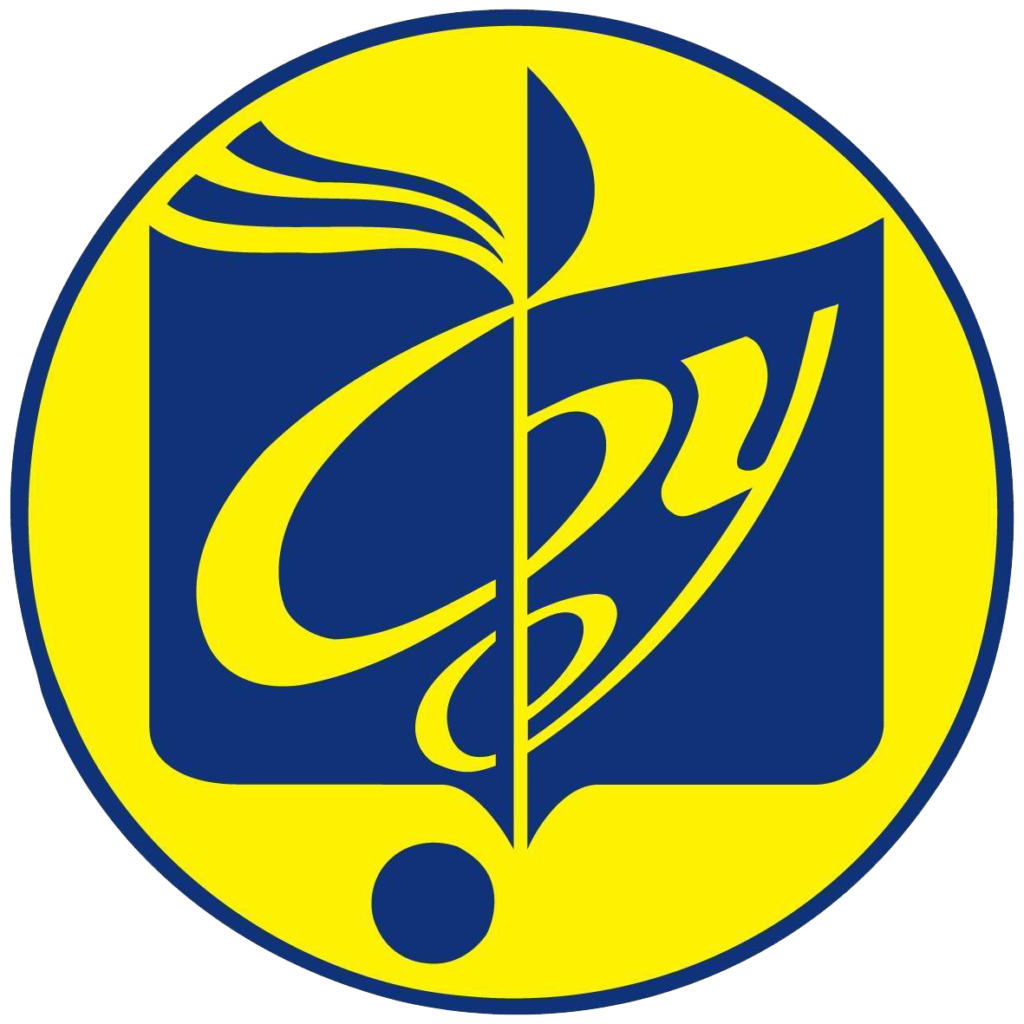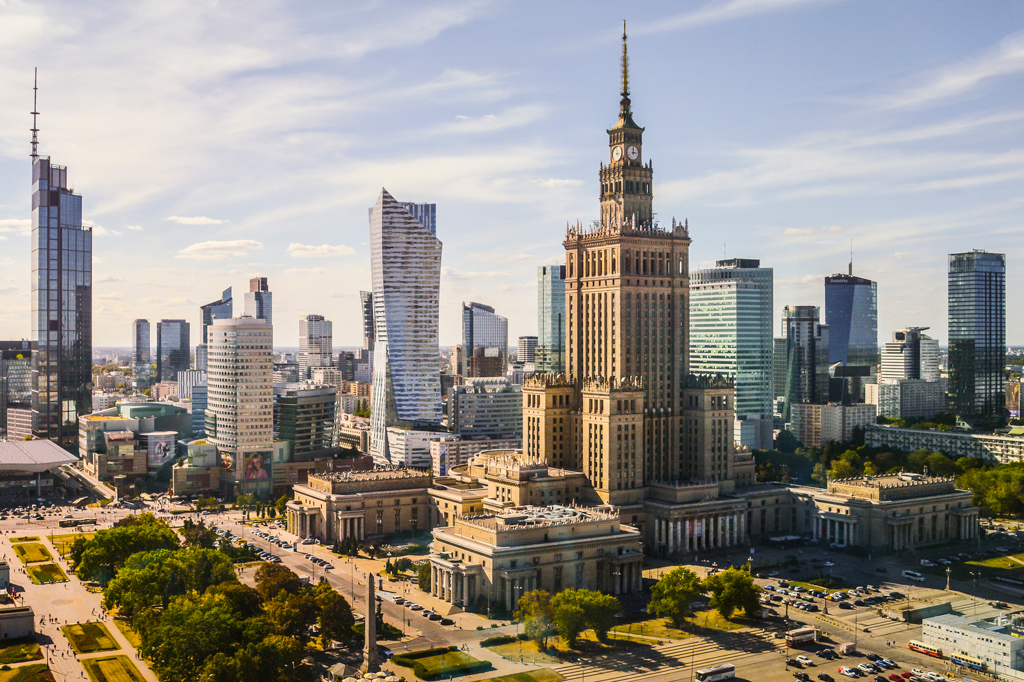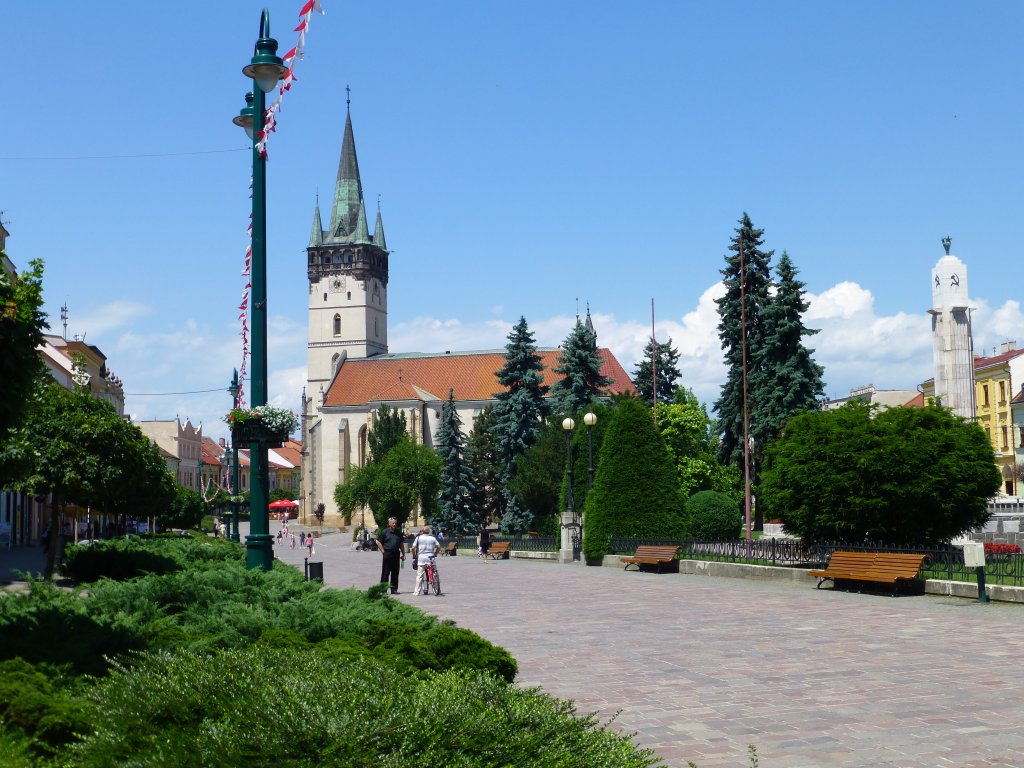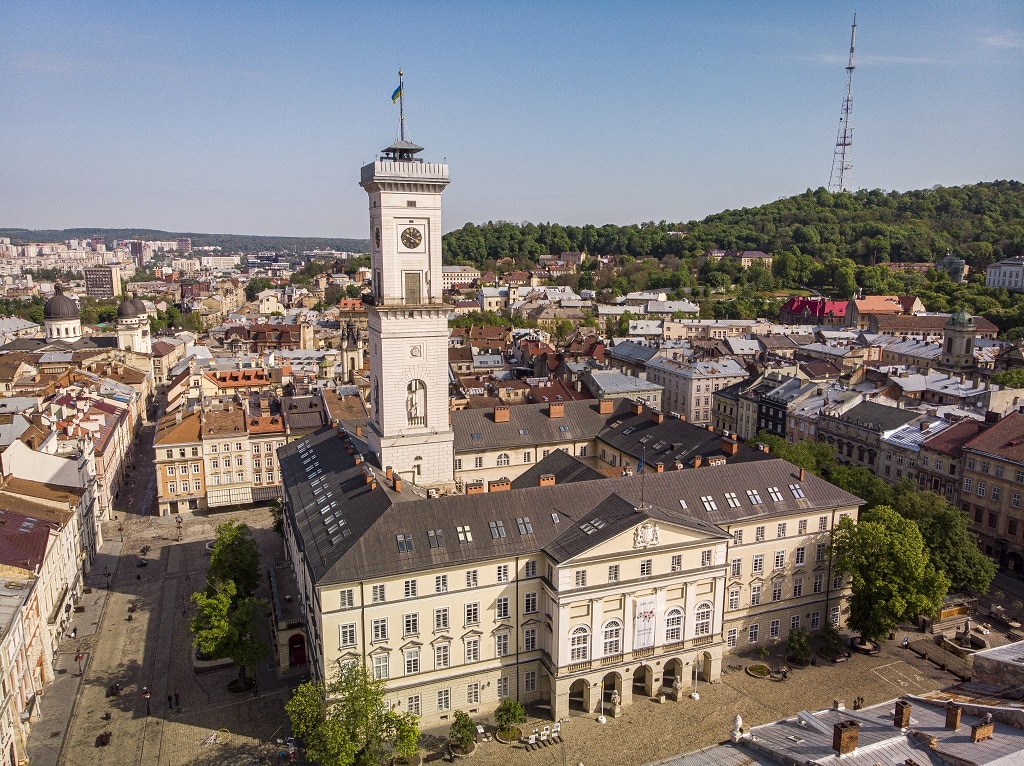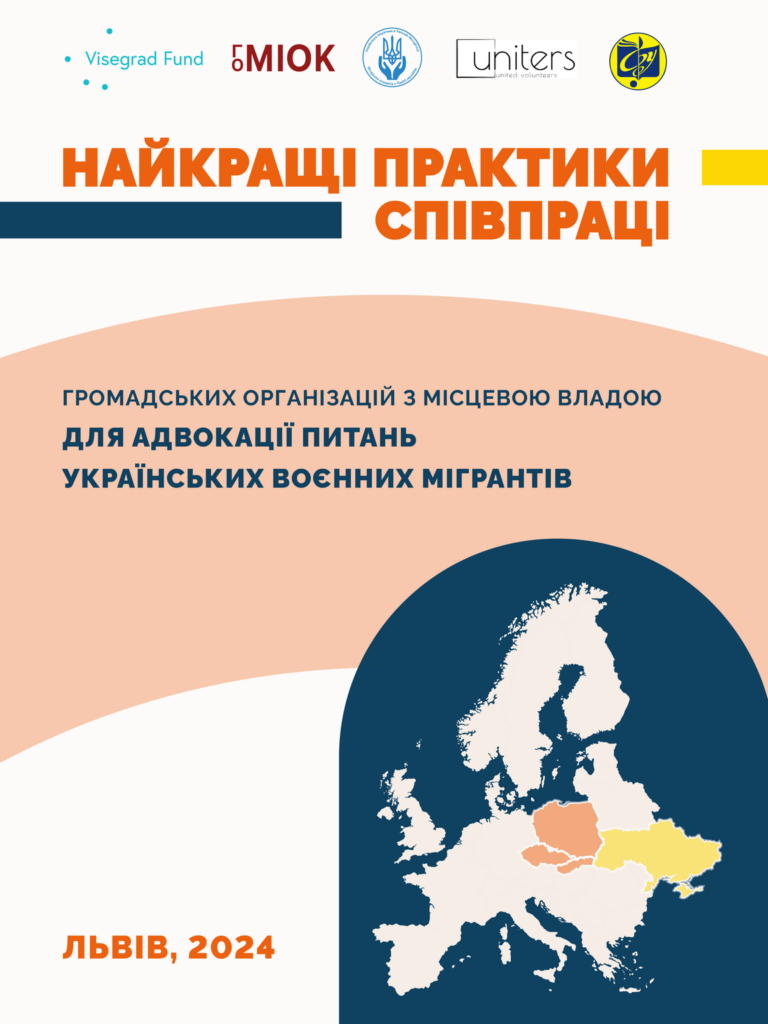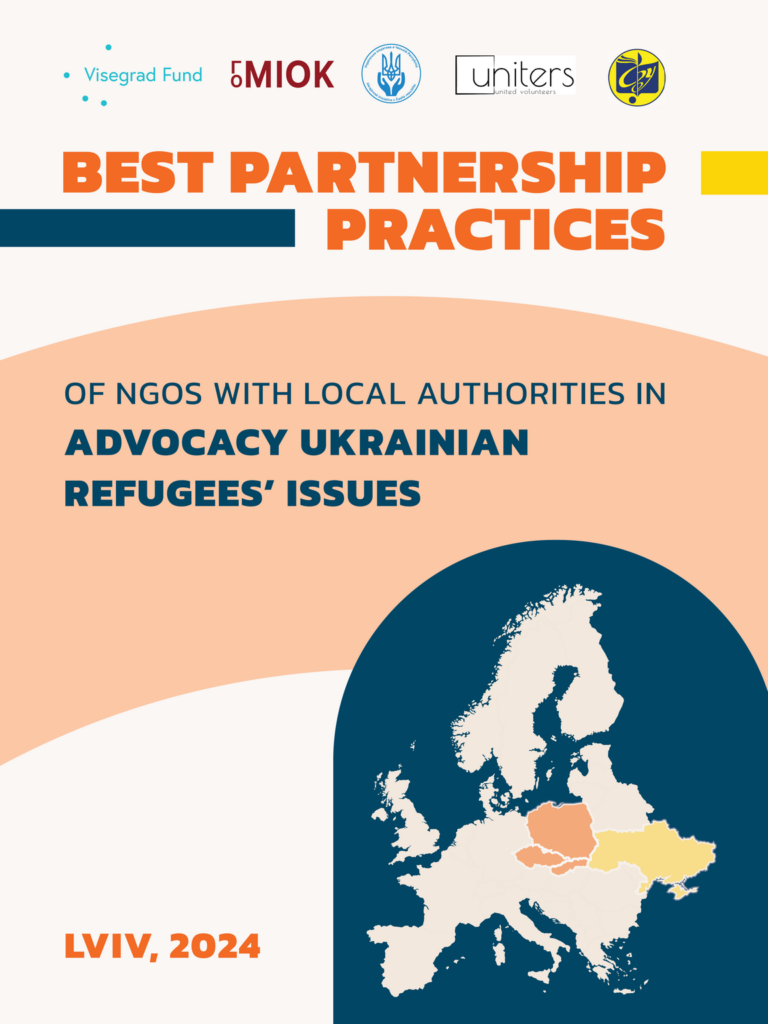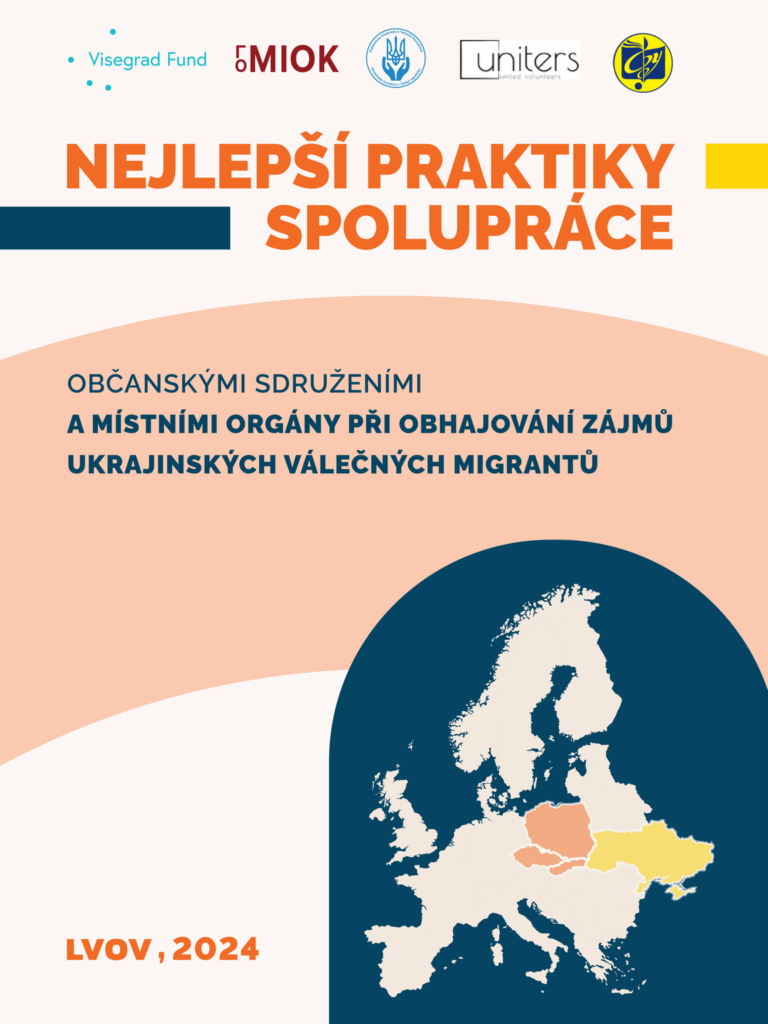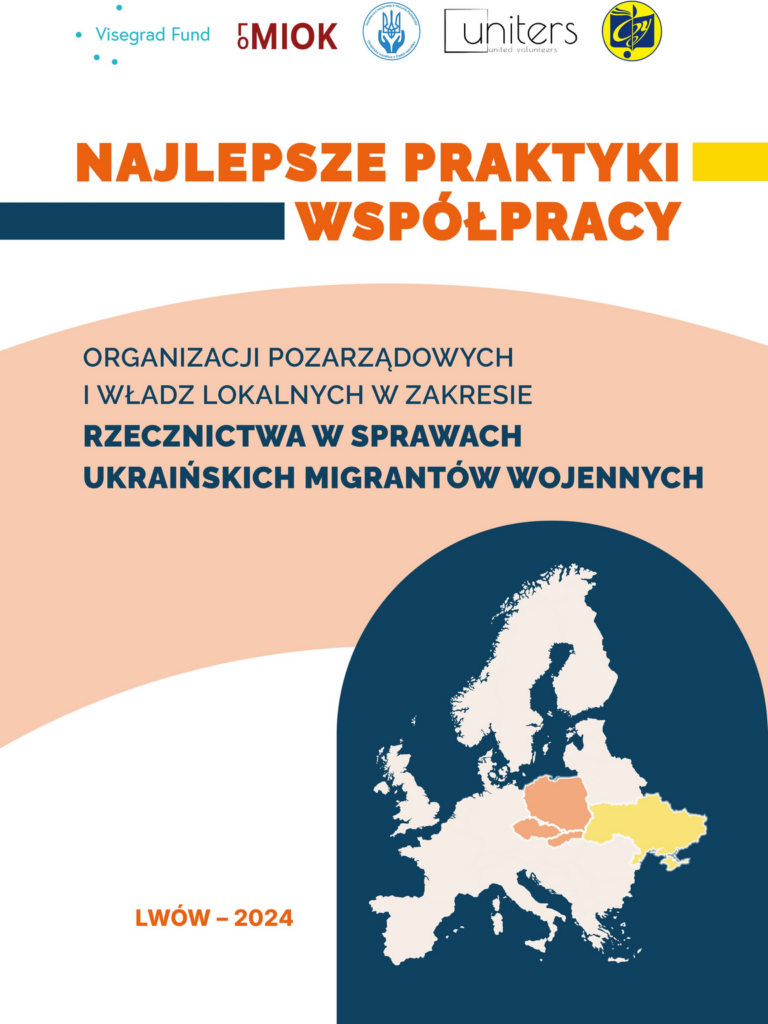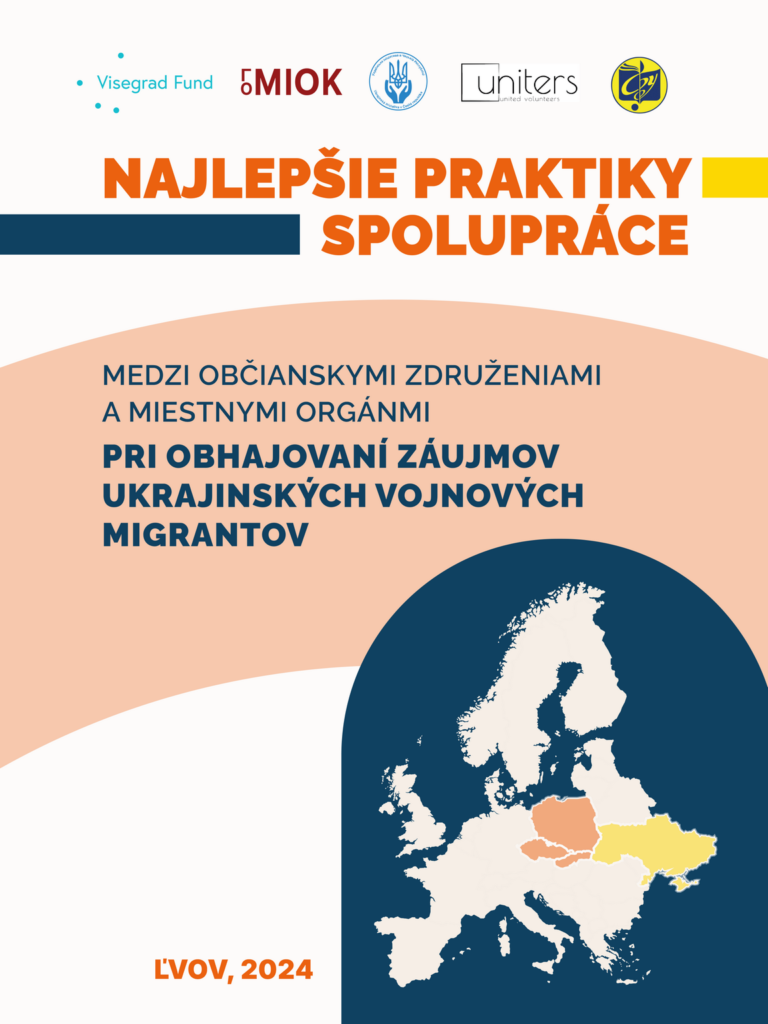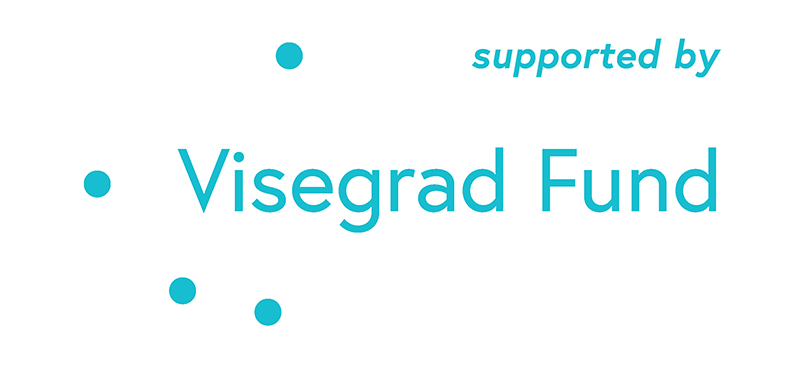Best partnership practices of NGOs with local authorities in advocacy Ukrainian refugees’ issues
The project focuses on analyzing best practices of partnership of NGOs with local authorities in advocacy of Ukrainian forced (war) migrants’ issues.
The aim of the project is to collect, discuss, analyze and spread the best practices of NGOs in Visegrad group countries in promoting active lobbying for policy change and good governance of Ukrainian refugees’ issues on local levels.
Supported by thе International Visegrad Fund
Implementation period: 01/06/2024–31/01/2025

Workshops
The workshops are an important part of the project on gathering and creating a policy paper on the best practices of cooperation between NGOs and local authorities in advocacy of Ukrainian forced migrants. The first stage of the project involves holding three workshops in Czech Republic, Poland and Slovakia.
The purpose of each workshop is to present and exchange the experience of cooperation of public organizations with local authorities in support of Ukrainian war migrants and to assess the possibilities of using it in the future. Execution of the workshops is planned in accordance with Green Recommendations for Applicants & Grantees.
Symposium
Policy paper
We are publishing Policy Paper in Ukrainian, English, Czech, Polish and Slovaklanguages of the project “Best partnership practices of NGOs with local authorities in advocacy Ukrainian refugees’ issues”, which was implemented by the International Institute of Education, Culture and Diaspora Relations in partnership with the Ukrainian Initiative in the Czech Republic, the UNITERS Foundation and the Union of Ruthenians-Ukrainians of the Slovak Republic with the support of the International Visegrad Fund.
The goal of the project is to collect, discuss, analyze and disseminate the best practices of public organizations from the Visegrad Group countries in promoting active lobbying for policy changes and proper management of Ukrainian war migrants’ issues at the local level. Duration of project implementation: June 1, 2024 – January 31, 2025.
The Policy Paper may be useful to experts, analysts, scientists, teachers and students of various specialties, and anyone interested in the issues of international migration and cooperation between non-governmental organizations and state local authorities.
Supported by thе International Visegrad Fund
The International Visegrad Fund supports regional cooperation between civil society organizations to advance their relations, exchange and share ideas and promote mutual understanding. When promoting European values in Central Europe, Fund works together towards a better-connected future.
Executor
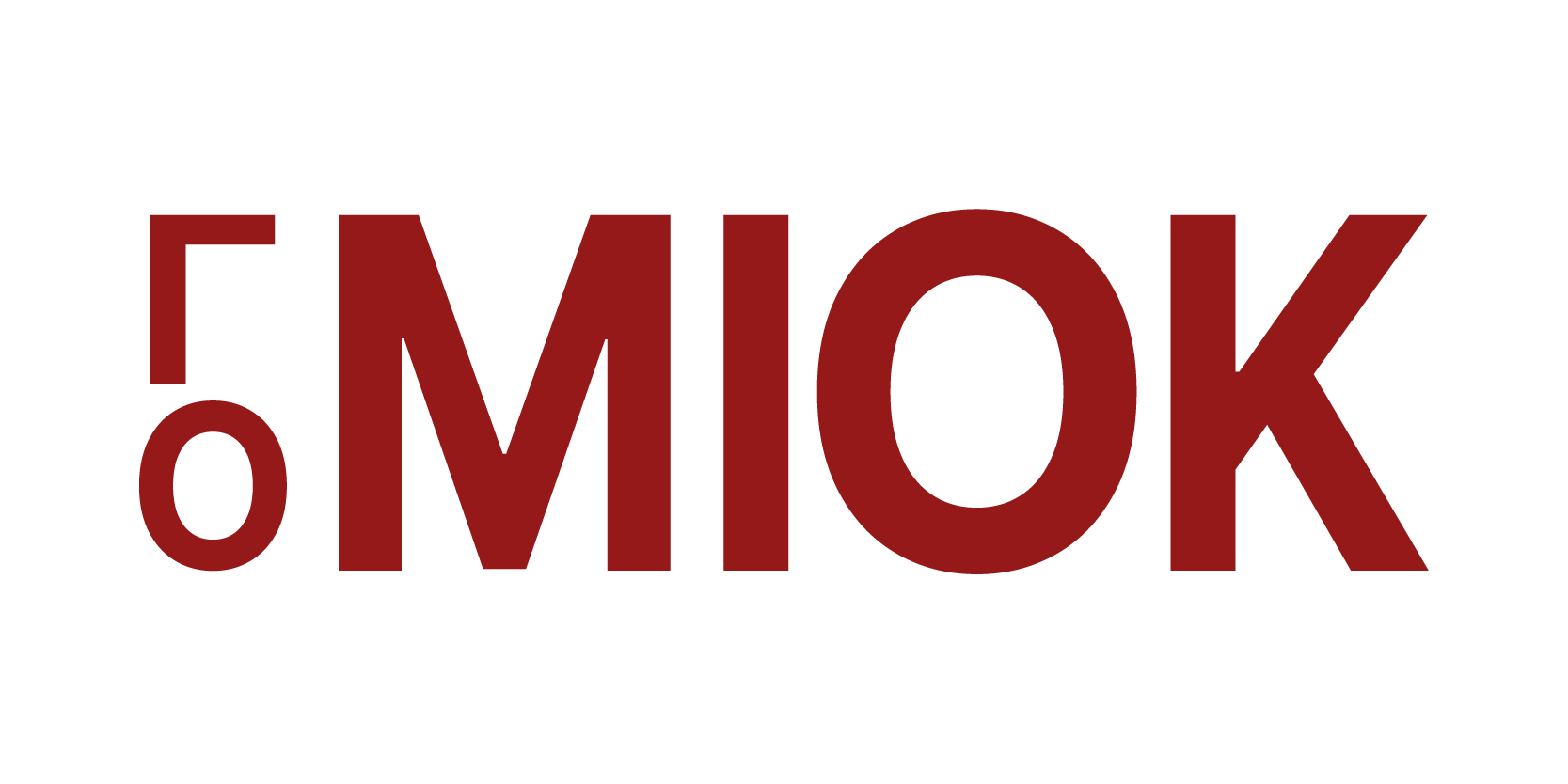
International institute of education, culture and diaspora relations (short name IIEC) is a non-profit organization which was set up in 2008 year.
The main purpose of the organization’s activity is to promote the development of enlightenment, Ukrainian education, science, language, and culture in Ukraine and beyond, to satisfy and protect legitimate national, cultural, informational, creative, scientific, social, economic, and other public interests.
The activity of the organization is of a social nature, which is manifested in its interaction with organizations of state authorities, local self-government bodies, enterprises, institutions, funds and other entities, registered in Ukraine or abroad. For many years, IIEC has been connecting the efforts of the non-governmental sector, scholars and policymakers in developing solutions to challenges of Ukrainian emigrants. During the first decade of 2000s, these were projects dedicated to the advocacy of Ukrainian labor migrants and their children left behind. After the beginning of the full-scale invasion of Russia into Ukraine the Institute focused attention on Ukrainian war migrants’ issues, predominantly tracking and discussing the role of Ukrainian diaspora organizations in helping Ukrainian refugees, especially in lobbying for policy change and good governance of Ukrainian migrants’ challenges

